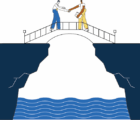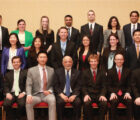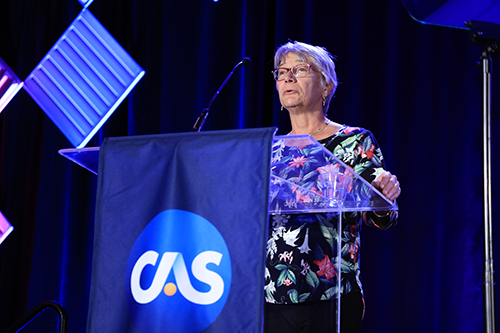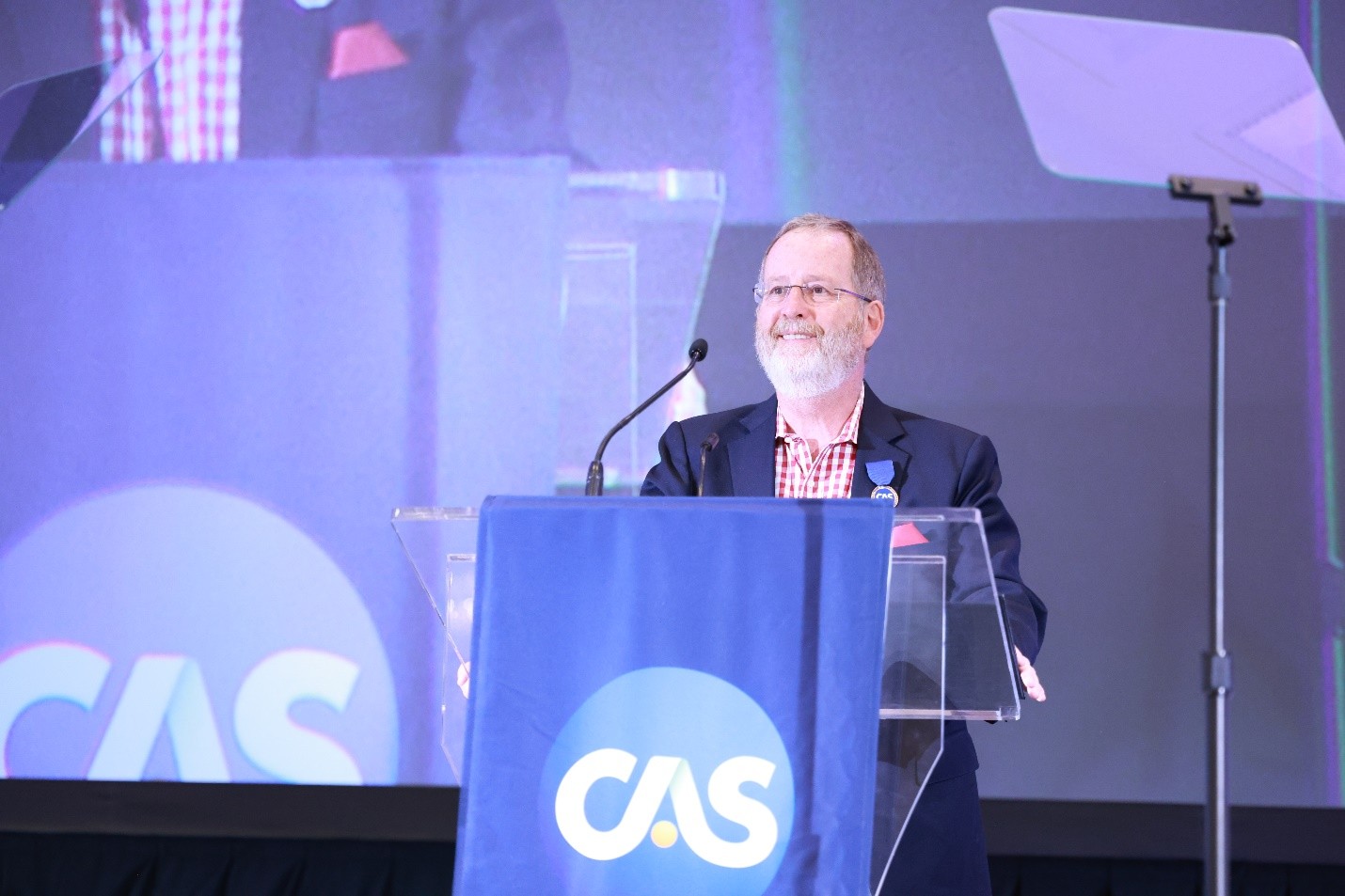Some things loom larger in my mind than they are in reality. You may have encountered this phenomenon as well. When it comes to tasks, I sometimes put off something for days because of how immense it seems. And sometimes, when I complete the task, I wonder why I didn’t do it earlier. It wasn’t as bad as I thought.
I started timing how long it took me to do some personal tasks, like emptying the dishwasher. It takes just under five minutes, unless the dog “helps.” Knowing that, I don’t put it off as much as I used to.
Some things take quite a bit longer to do than I anticipated. For example, driving from my house to where I frequently have breakfast with my friend Al takes 20 minutes. No wonder I am often late – I thought it was only 15 minutes. And since we usually meet on the same day the trash needs to be put out to the curb, I’m even later. (My apologies, Al.) My latest timing indicates I need to leave the house 30 minutes before breakfast.
I now keep a note in my phone called “task times,” where I record the time it takes to do a variety of jobs. I have learned some things from that list. I realized that what I started doing in my personal life is what I have been doing for a long time at work: keeping track of task times to enable me to predict and schedule future tasks more efficiently.
First lesson
I tend to underestimate the amount of time it will take to do something I enjoy and overestimate time needed for unpleasant tasks.
I dread cleaning the deck because I get wet and cold, it takes a lot of time and I have to put everything back in place once it dries. Cleaning the deck involves taking out the hose, hooking it up, and getting wood-friendly soap, a mop, brush and other equipment. The first time I clean the deck for the season, I also have to “unwinterize” the outside faucets and get the hose out from its winter storage place. This makes the task seem even longer. I thought it would take half a day, and so I kept putting it off.
The other day, I cleaned the deck for the first time this season and timed it. It only took me two hours. It didn’t take the entire morning. It was not as onerous and time-consuming a task as I had in my mind. It also reinforced my theory that we overestimate the time it takes us to complete an unpleasant task.
Second lesson
Estimating the time it takes to do something is difficult if I don’t have any data. To remedy that, I have started collecting data on some tasks and their times. I have been doing this for years at work; I don’t know why I hadn’t thought of this for my personal life before now.
I have known for a long time that the first time I do something, or if I haven’t done something in a while, it takes me more time than if it is a regular activity. But I don’t have any data to estimate just how much longer it takes. Now I am keeping track of projects, small as they might be, just like I do for work, and wonder why I didn’t think of this before.
Some travel time estimates made by web-based and GPS-based applications require adjustments. I am a slow walker, so walking times need to be increased about 20% to accommodate my slower pace. On the other hand, the GPS in my car adjusts for my speed, not the speed limit, and is pretty accurate about arrival times.
There are some things I have decided not to time. How long it takes me to get my food at a restaurant is one. How long I am waiting in line to checkout at the grocery or other retail shop is another. I don’t control any part of the process, and it usually has only upset me in the past when I did time those events. There is also too much variation in the wait time depending on the queues I enter. If I were to regularly stop at a certain shop for coffee on the way to work in the morning, I might find keeping track of that time beneficial.
Unintended consequences
I have found an unanticipated benefit from my timing pursuits. I am more likely to finish small tasks that I used to think were big tasks, and their completion makes me feel better and more likely to start another task, often a bigger one.
There are times when I find myself putting off doing something, then my curiosity gets the better of me. I ask myself, “Okay, just how long will it take?” And then I time how long it takes. I often get it done much earlier than before, and sometimes even have a bit of fun while doing it.












